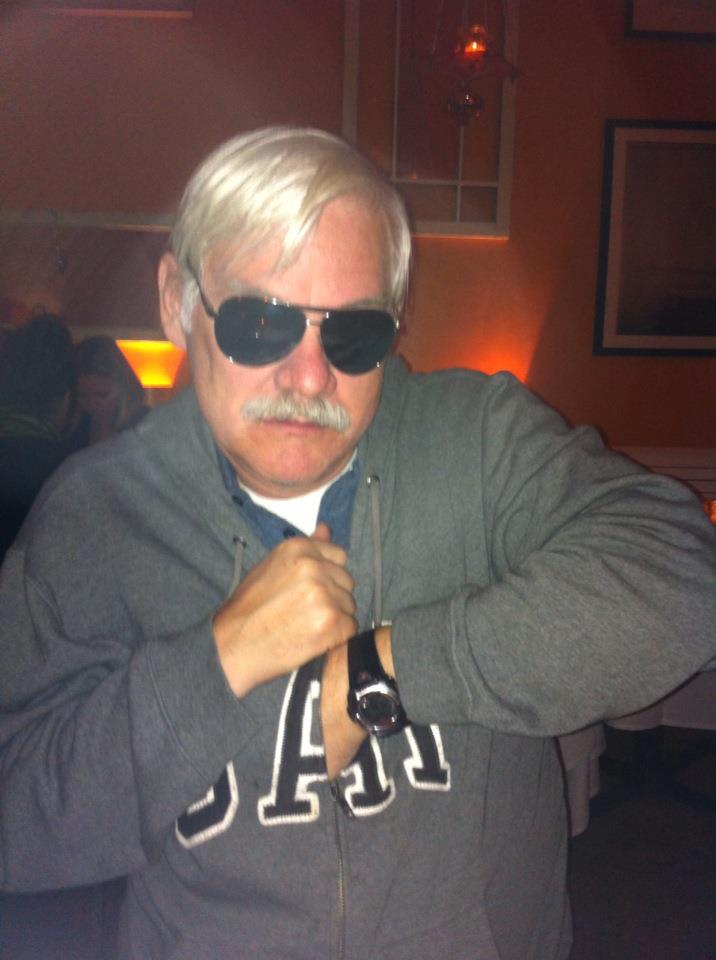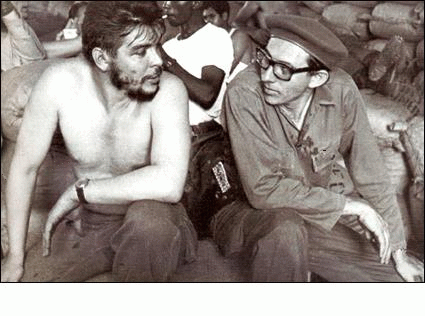chapter 11 - The Conspiracies Begin
With the new government came new challenges, and new headaches. If the only problem was keeping the order, taking over the social responsibilities of the previous administration and instituting the radical changes that the people had fought and won the war for, the changeover would have occured without a hitch. But when you add in the conspiracy charges, all bets are off.
It soon became evident that Fidel was the only one capable of leading the young country out of the group of American-puppet Banana Republics and into a truly independent state. His vision for a truly socialist nation did not jibe with the Soviet Union, however. Where the Soviet Union looked to create immense agrarian cooperatives combining vast quantities of farms into superstructures of collective works, Fidel saw the need to respect the individual farmer. He purposefully left the boundaries the same and instead of combining them, he created individual state companies of about 3,300 acres max each, but only if they were productive. If they weren't productive, then they could have only 900 acres max. In the countryside there were many kinds of people living off of the land. There were owners, renters, squatters, and homeless who roamed the countryside. All these people needed accommodation. Meting justice that would agree with everyone was extremely important and at the same time extremely difficult because no Cuban leader had ever been successful in this regard in the past.
But the needs of the country went way beyond the agricultural reform required by most rural areas. There were 10,000 new classrooms to be built. The huge sugarcane plantations needed to be reformed without upsetting the great cash flow they represented. The medical needs of the country became critical as half of the 30,000 doctors left the country soon after the end of the war. The national bank was almost penniless and the economy of the country needed to be brought under control for the good of all.
Fortunately, El Che had decided to stay in Cuba. His proposition to go to Argentina to begin a revolution there was put on hold and he was given ever increasing levels of authority as his great intelligence proved to be of immense service. El Che was not only a doctor, but a good tactician. He was not only a good tactician, but a great diplomat. He was not only a great diplomat, but a sage economist. Thus, it was only natural that he was finally appointed to head the national bank. The ORI, the Dirección Nacional de las Organizaciones Revolucionarias Integradas, of which El Che was a member, chose him to run the Banco Nacional which Batista had seen to emptying all of its vaults before leaving the country.
And El Che began something that no other country had ever instituted before. Every Sunday, El Che could be found in the countryside at the sides of the regular campesinos helping harvest their crops. If he wasn't there, he would be found in the mines helping them work. El Che made sure that he donated at least 8 hours every week to help others in their workplace. This became known as Voluntary Labor and became standard practice among millions of other campesinos across the country. If El Che can run the Banco de Cuba and still spend 8 hours a week helping other campesinos do their job, then others can do the same. This is the true and fundamental cause of Socialism in the world where the color of the shirt doesn't restrict the support of the person and everyone lends a hand, paid or not, for the common good of society. It is the true and real demonstration of the oft used redneck expression, "Let's get 'er done."
But the conspiracies also brought their fair share of misfortune. Sabotage by people working against the government took its fair share of equipment and delays. Many newspapers openly sponsored aggression against Fidel and his government. Pirates would attack fishing vessels, dynamite boats, and diplomats were killed. At one point even white phosphorous was used in attacks. On march 4, 1960, the French ship La Coubre was blown up. More than one hundred people lost their life. Factories and department stores were boobytrapped with explosives and hundreds were killed. The swine flu virus and other agricultural diseases were sprayed on Cuban crops causing thousands of sick farmers and millions of dollars in damages. Some small children also lost their life. In 1976, CIA operative Luis Posada Cariles blew up Cuban flight CU-455 killing 73 people in the first ever midair attack of a plane. He was caught, tried in Venezuela and sentenced to prison, but later escaped and is now walking as a free man in the United States, a known and convicted terrorist who killed 73 people, including the entire Cuban Olympic Fencing Team returning from their gold-medal performance in Panama at the recent Panamerican Games. A known and convicted terrorist is allowed to be free in America as long as he kills only Cubans.
From the very beginning the capitalists and the American government have been saying, "How long can this revolution last? Four or five months, one year tops? This revolution will not last. They don't even know how to run a country." Everyone expected the US government to step in and return the country to its Banana Republic status and maybe even bring back Batista, their loyal puppet. But the years past, the US didn't take it over, and Cuba has proven that it can survive even with a 40-year-old immoral economic embargo and the ill will of the American government. The power of true revolution of the people, by the people and for the people will always win.






